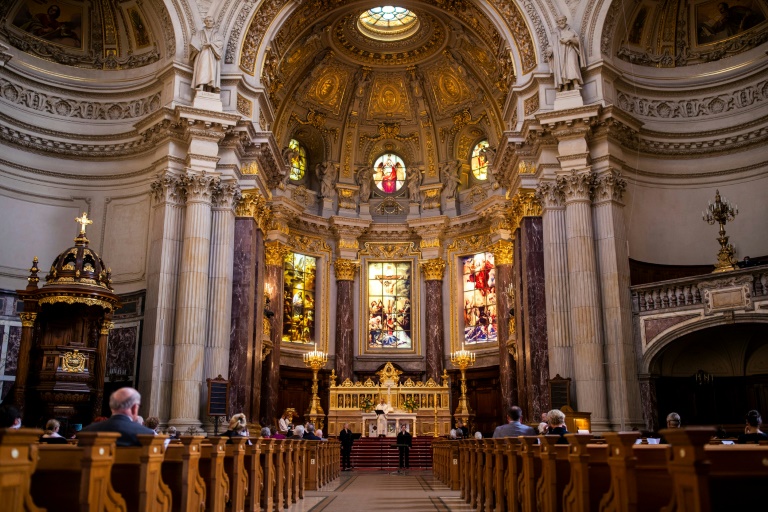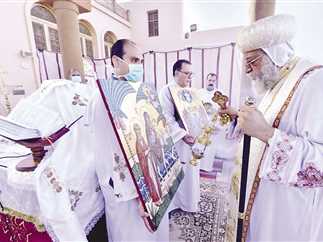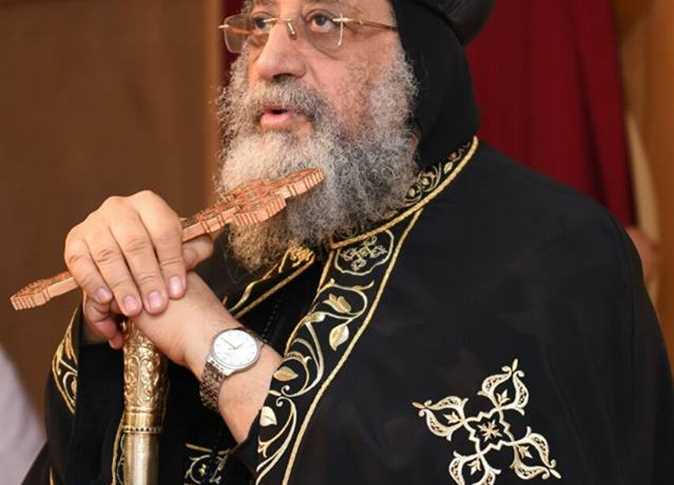Egyptian churches have welcomed the recent draft law on places of worship, but requested to review it once it is completed before expressing their approval.
Under the new law, the Ministry of Local Development would authorize building places of worship in coordination with governors, while the local councils would authorize renovations and extensions of such buildings.
According to the law, if the ministry has not replied to building applications within two months, the applications will be considered approved by default.
The law, however, prohibits turning residential building into places of worship.
“We wouldn’t build churches without really needing them,” said Salib Matta Sawiris, a member of the Coptic Confessional Council. He added that the new law would help reduce sectarian strife, as Copts would be free to construct churches instead of secretly turning their houses into chapels.
Safwat Bayad, head of the Anglican community, said the church would submit its remarks on the draft law after he has discussed it with Pope Shenouda III upon his return from the United States. “We need to make sure the law is equally applied to mosques and churches,” he said.
For his part, Catholic Vice Patriarch Boutros Daniel called on the government to refrain from interfering in churches’ private affairs.
Meanwhile, Medhat Kelada, head of the Union of Coptic European Organizations, said the law heralds a new era for Coptic Christians after the 25 January revolution.
However, Nader Morkos, a member of the Coptic Confessional Council, believes that applying the new law will be difficult.
“Muslims and Christians alike do not have the culture of accepting each other,” he said. “This is especially evident in rural areas.”
Al-Azhar University Professor Amna Nosseir, for her part, hoped the law would be fair for both Muslims and Christians. “We should call it the 'just' and not the 'unified' law,” she said.
Translated from the Arabic Edition




